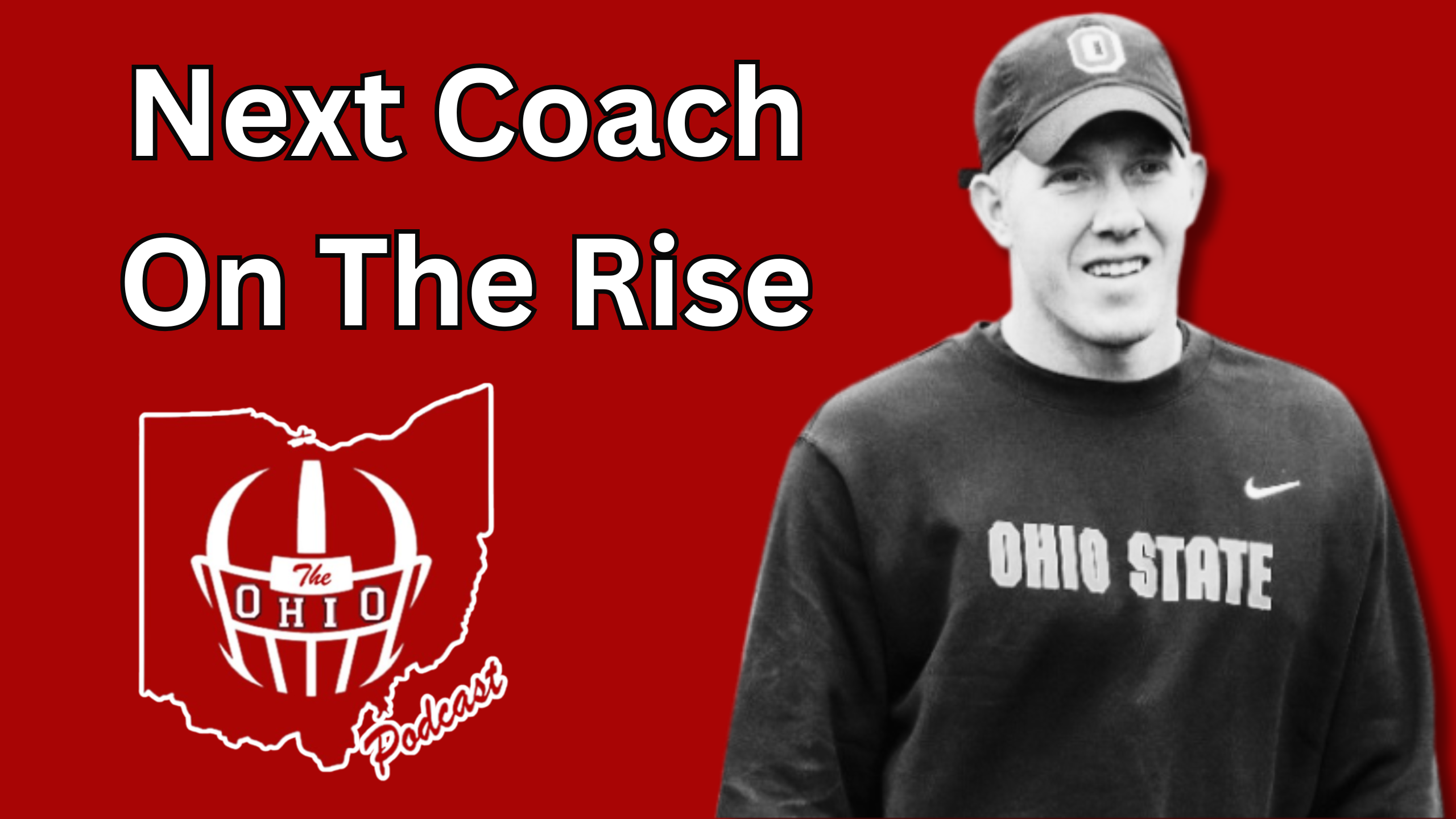
Former Ohio State head coach Urban Meyer is once again at the center of college football’s most heated debates — this time, weighing in strongly on the Michigan sign-stealing scandal and calling for serious consequences for coaches who lie during NCAA investigations. Meyer, a lifelong Buckeye who led Ohio State to a national title and three Big Ten championships, didn’t hold back in a recent episode of The Triple Option podcast, asserting that any coach caught lying to the NCAA should be permanently barred from coaching in Division I athletics.
His comments came just as Michigan announced a self-imposed two-game suspension for head coach Sherrone Moore for his involvement in the now-infamous sign-stealing scheme involving former staffer Conor Stalions. The suspension, slated for Weeks 3 and 4 of the upcoming season, raised eyebrows across the college football landscape — including in Columbus — where many, Meyer included, see the punishment as far too lenient.
Meyer’s message was unequivocal: coaches must be held to a higher standard. “If you lie as a college football coach to the NCAA, in my personal opinion, you’re done,” he said, referencing not only the Michigan case but also the broader culture of sidestepping accountability that can infect high-level college programs. For Meyer, vacating wins from the past is a hollow gesture — what matters is sending a message that dishonesty and obstruction are career-ending offenses.
The comments sparked intense debate, especially in light of Meyer’s own controversies during his tenure at Ohio State. Critics, particularly from Michigan circles, were quick to label his stance hypocritical, citing the 2018 Zach Smith situation where Meyer was suspended by the university for three games — not for lying, as the NCAA found no such infraction, but for failing to fully uphold Ohio State’s institutional values.

Yet as discussed on The OHIO Podcast, that context only strengthens Meyer’s position. Host Chris Wilds reminded listeners that Meyer faced consequences even without a formal NCAA violation — a testament to the high standards Ohio State holds for its leaders. Wilds emphasized that Meyer’s call isn’t about moral perfection but professional responsibility. Players can lose seasons or draft stock over minor violations or half-truths. Why shouldn’t coaches face similar — or greater — accountability?
Meyer’s reference to former Oklahoma State star Dez Bryant illustrated his point. Bryant was suspended for an entire season simply for lying about a dinner he had with Deion Sanders and an NFL agent. That incident nearly derailed a young man’s career. In contrast, coaches who mislead investigators or obstruct probes often walk away with slaps on the wrist or meaningless suspensions — if anything at all.

The pushback from rival fans — especially in Ann Arbor — is predictable, even personal, but it does little to undercut the argument Meyer is making. College football is at a crossroads, and figures like Meyer, controversial as they may be, are raising essential questions about fairness, leadership, and the integrity of the game. As Wilds put it bluntly, “If you’re asking young men to buy into culture, truth, sacrifice, and discipline, then damn it, the guy who is leading them needs to do the same.”
Whether or not Meyer’s words result in change remains to be seen. But as a voice with deep roots in the game — and even deeper ties to Ohio State — his opinion carries weight. It’s not about stoking rivalry flames or scoring moral points. It’s about shaping the future of college football into something worth believing in.












